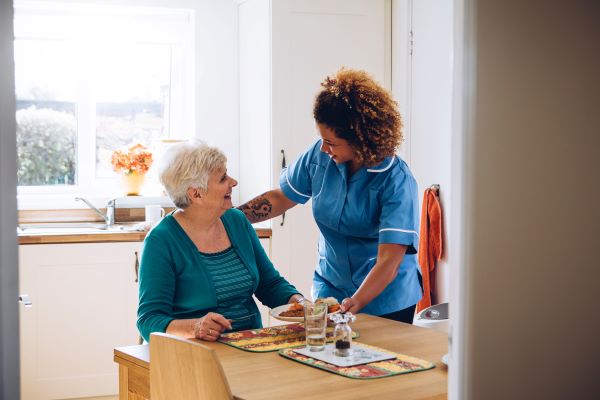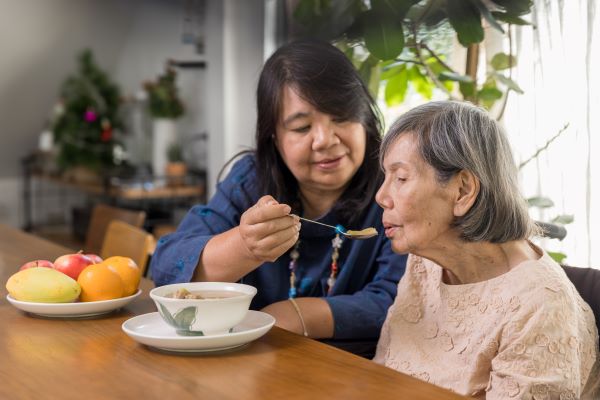A Look at the Physical Challenges of Aging in Place
It is estimated that three out of four Americans over the age of 50 plan on aging in place according to AARP. These seniors are willing to employ alternative solutions to make it happen. The alternatives include home sharing (32%),…




